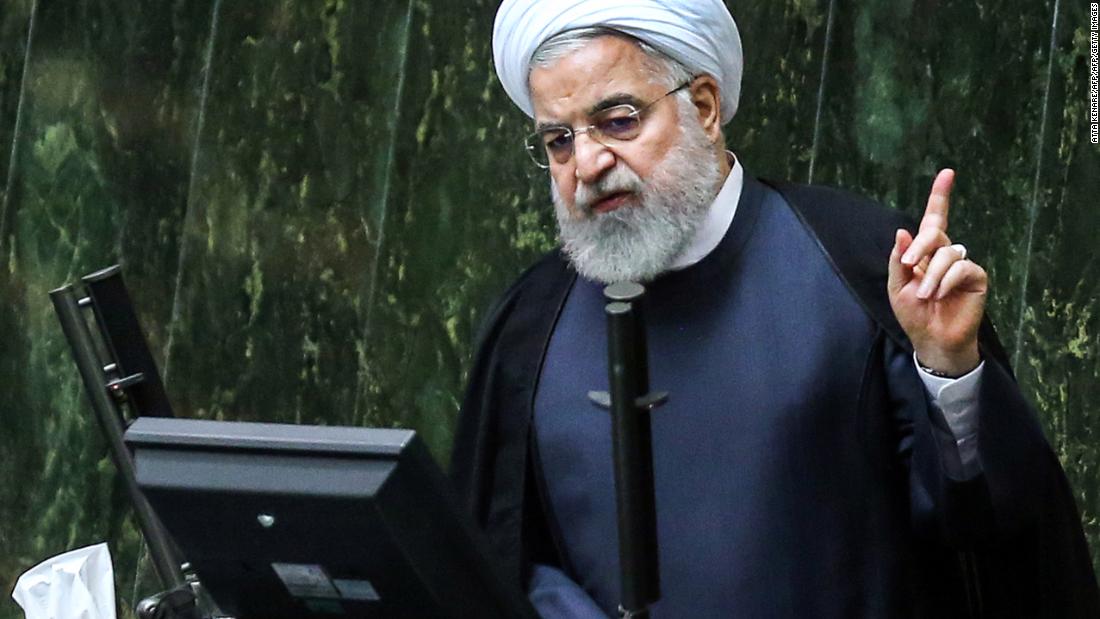Speaking at a televised cabinet meeting on Wednesday, Rouhani said the ball was “on the United States court now”.
“If Washington returns to the 2015 nuclear deal with Iran, we will also fully respect our commitments under the pact,” he said, adding in reference to Trump that “the era of a tyrant is over and today is the final day of his reign. sinister. ”
With Biden – who was a member of the Obama administration who negotiated the original deal – taking office on Thursday, there are high hopes for a rapprochement.
At Wednesday’s meeting, Rouhani chastised Trump, saying his four years in office “have borne no fruit other than injustice and corruption and have caused problems for his own people and the world.”
What was in the nuclear deal?
The deal, struck in Vienna after two years of intense negotiations orchestrated by the Obama administration, was signed by Iran and six other nations in 2015.
Under the agreement, the Iranian government agreed on three main things: reducing the number of centrifuges in the country by two-thirds, cutting its stockpile of enriched uranium and limiting enrichment in progress to 3.67%, an amount sufficient for energy supply, but not enough to build a nuclear bomb.
In addition, Iran has been forced to limit uranium research and development and allow inspectors from the International Atomic Energy Agency (IAEA) certain access to its nuclear facilities.
In exchange for compliance, all nuclear sanctions on Iran were lifted in January 2016, reconnecting the country’s stagnant economy to international markets.
Biden movement
“I will offer Tehran a reliable way back to diplomacy,” wrote the then candidate in September. “If Iran again strictly complies with the nuclear agreement, the United States would re-join the agreement as a starting point for subsequent negotiations.”
Steve George, Ramin Mostaghim and Mostafa Salem from CNN contributed to the report.
